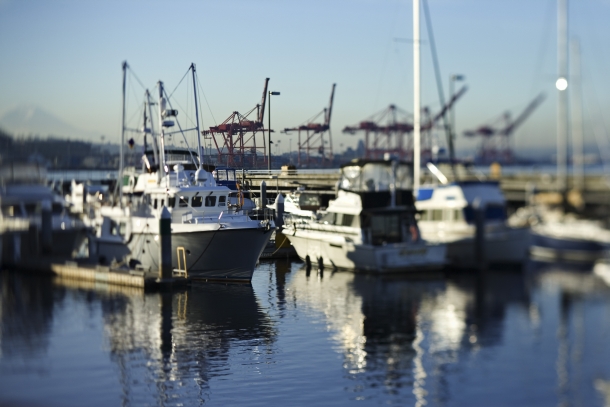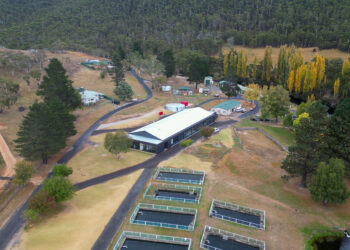IN discussions and debates about whether or not to take out some 16,500 tonnes of small pelagic fish per year by use of a very large freezer ship (I know, it’s not technically a “super trawler”) this writer often gets accused of using “emotional” rather than “scientific” arguments.
I don’t reckon that’s true.
What I and a lot of other conservation-minded anglers are concerned about is not so much what happens in the short term to our fishy resources but the impact that a whole range of scientifically supported fishing effort has on future Australian citizens … the concept of “intergenerational equity”, that is that decisions taken now should consider impacts on the generations that will follow.
So injecting a few million dollars right now into the economy through commercial fishing might not be the best thing to do, if a longer view is taken, even if fisheries scientists are in agreement that the risk is low and the catch levels sustainable.
Let’s leave the small pelagics alone for a bit and consider a few other fisheries. In South Australia, the famed big snapper grounds are not what they were even a couple of years back. Too many big fish taken out … quite legally … and sold at a fraction of their real value at fish markets, or worse still, dumped when the markets are glutted.
In NSW, we still trawl many of our nursery estuaries for school prawns and squid and kill big numbers of undersized fish as by-catch, particularly mulloway. We target spawning aggregations of moving fish and beach haul them at the very time they should be left to breed. In a cruel irony, big sea mullet are targeted principally for their mature roe. We mesh remote lakes on the south coast and if the market’s down, the catch gets dumped. All legal, maybe scientifically supported, but is it right?
In Queensland and parts of the NT we still gill net barra and threadfin, two of the finest sportfish on the planet. The value of each big barra and threadie to the recreational fishing part of the tourist economy is huge – airfares, accommodation, guides, tackle, petrol, boats, 4 wheel drives, mechanics. If the big fish aren’t there, all that supporting economic activity will be gone.
In the rec sector we’ve acknowledged the value of our fish by embracing Catch & Release and accepting lower bag limits, slot limits, higher minimum sizes and closed seasons to ensure there are fish and significant economic flow-on benefits for the future. I don’t consider it to be “emotional” to point out this side of the argument to our political decision makers and ask them to consider it. Taking the decision to harvest fish for a modest short term $ return is not just about the science.
John Newbery is Fishing World’s long standing environment editor.

















